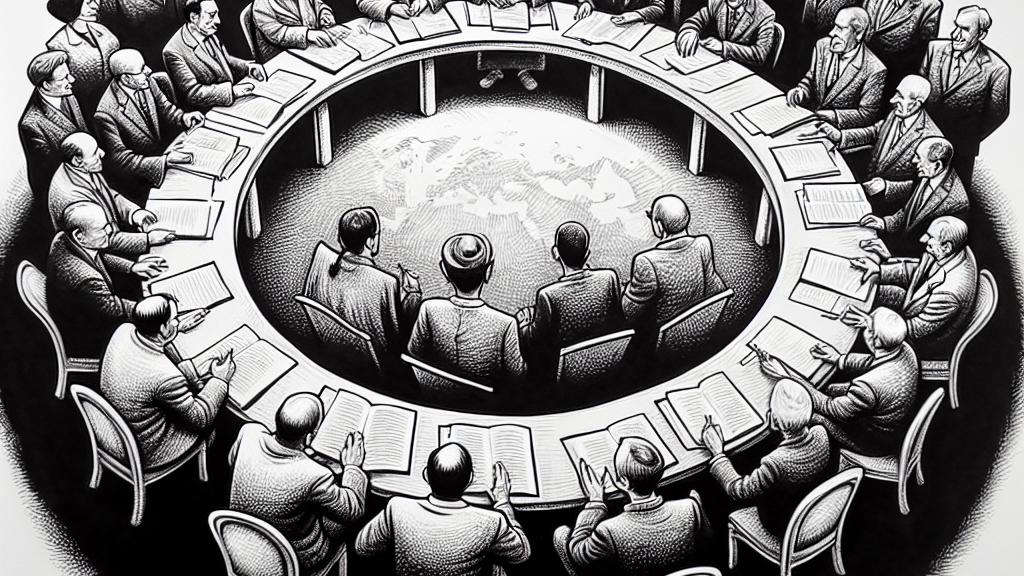Gaza Peace Talks: Can a Ceasefire Be Saved Amidst Doubts?
Overview
- U.S. remains optimistic about ongoing Gaza peace negotiations, despite concerns from Hamas.
- Hamas signals readiness for a phased ceasefire, showing a willingness to compromise.
- Intensifying Israeli military operations create an urgent humanitarian crisis in Gaza.

U.S. Engagement in Peace Talks
The U.S. has been actively involved in mediating the peace talks regarding Gaza, aiming to bring both Israel and Hamas to the negotiating table. Recently, U.S. officials indicated their belief that peace talks are poised to continue as planned, even amidst uncertainties voiced by Hamas about their involvement. The U.S. State Department emphasized the importance of dialogue and conciliation, highlighting that returning to negotiations is critical for all parties. This engagement reflects a broader intent to stabilize the region and seek a resolution to the ongoing conflict that has devastated communities.
Hamas' Shift Towards Compromise
In a development that could influence the course of negotiations, Hamas has tentatively expressed approval for a phased ceasefire plan proposed by the U.S. This plan includes an initial six-week halt to hostilities, aiming to facilitate the release of certain hostages and exchange them for Palestinian prisoners. The willingness to enter into a ceasefire marks a significant moment for Hamas, which has traditionally held firm positions in prior negotiations. However, while this movement towards compromise is promising, it also underscores the fragility of the situation, as both Hamas and Israeli officials remain cautious about the possibility of a sustainable peace.
Dire Humanitarian Conditions in Gaza
As peace talks unfold, the humanitarian situation in Gaza has reached alarming levels, compounded by relentless military operations by Israel. Reports indicate that over 40,000 Palestinians have died since the onset of the war, with countless others suffering from devastating injuries. Humanitarian organizations warn of a catastrophic food shortage and escalating malnutrition rates among the civilian population. Aid deliveries are severely hindered by active conflict, creating a pressing need for immediate access to assist those trapped in perilous conditions. Addressing the humanitarian crisis must be a top priority in negotiations, ensuring that civilian safety and basic needs are safeguarded alongside discussions for lasting peace.

Loading...